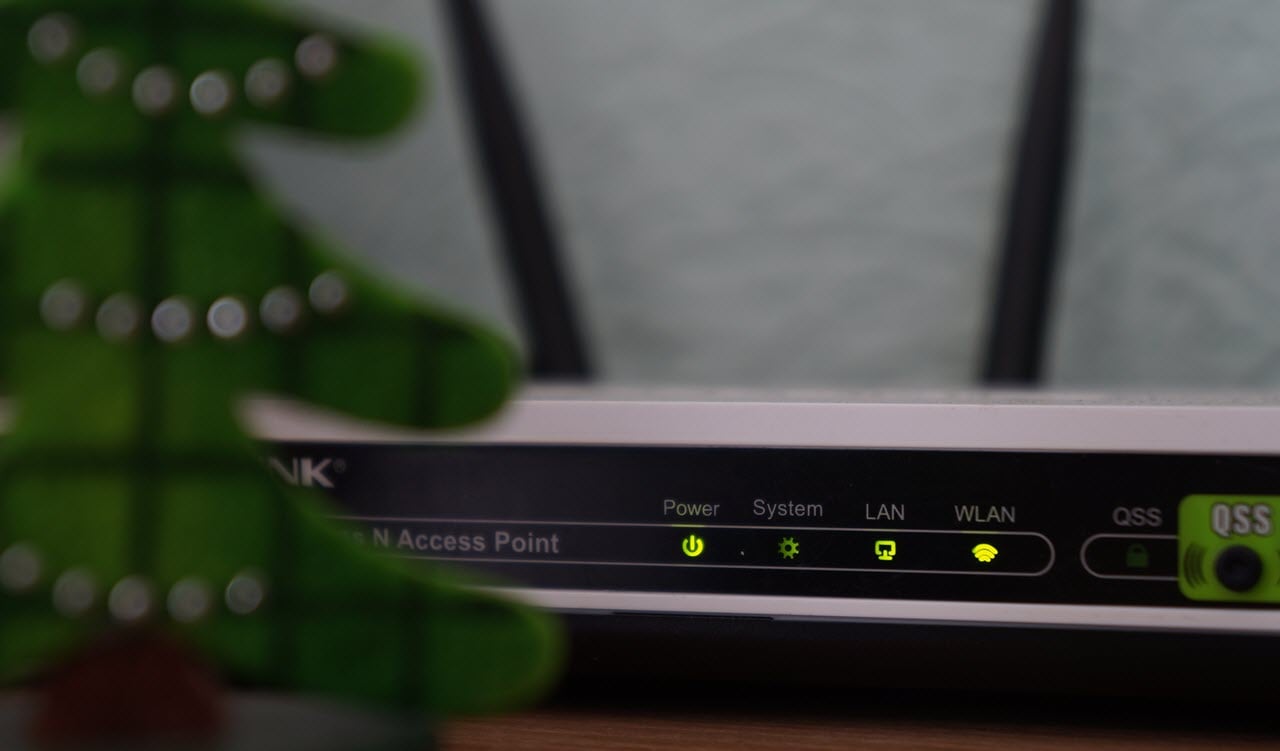SK Telecom, South Korea’s largest telecom provider with tens of millions of subscribers, has revealed that it detected a cyberattack on April 19. Further investigation revealed that hackers deployed malware on SK Telecom’s systems and got away with customers’ personal information.
The company has since acknowledged the incident in a statement posted on its website. According to the announcement, the detected malware was deleted, and affected servers were isolated. There was no word on the nature of the attack or the threat actors behind the plot. Such cases usually involve ransomware infections, but no major ransomware group has claimed responsibility. Candid.Technology did not find any reports of SK Telecom’s data being sold on underground forums at the time of writing, either.
The Korea Internet Security Agency has been notified of the breach, and the investigation is currently ongoing. Additionally, the company’s privacy committee also “reported the circumstances of personal information leakage and actively cooperated with related investigations,” added the statement.

The telecom giant claims that there have been no reports of stolen information being misused. Regardless, it has implemented several measures to protect customers. These include a full system transfer investigation and strengthening the blocking of illegal SIM cards and any unusual authentication attempts. In case there are signs of information abuse, users are urged to stop using their SIM cards immediately.
SK Telecom’s statement also doesn’t include any information on what personal data was stolen. That said, the company is offering SIM ID protection services to prevent SIM swapping, suggesting the leaked data can be used in identity theft attacks. Stolen information can include phone numbers, government IDs, home addresses, and other personally identifiable information (PII).
Telecom companies aren’t a hot target for financially motivated threat groups. However, they’re often targeted by state-sponsored hacking groups to carry out cyberespionage operations. If this turns out to be the case with SK Telecom, it could prove dangerous to its entire user base.
In the News: Washington Post partners with OpenAI to ensure ChatGPT gets news right






